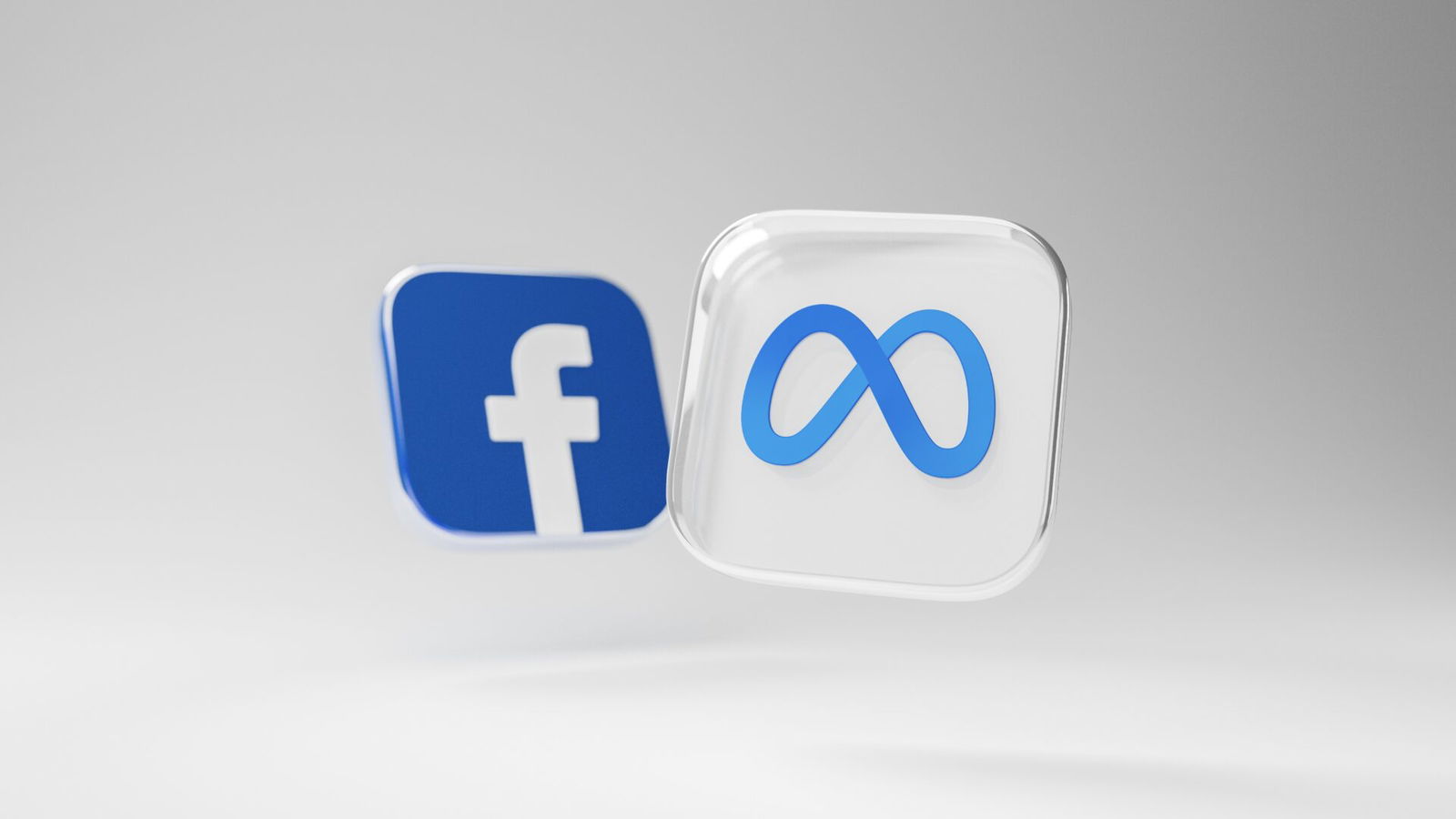
By Michaela Gordoni
Facebook will make some needed changes to reduce duplicated profiles and spammy content.
Mashable reported that the content includes that which uses spam-like tactics to boost views, monetize inauthentically and gain followers — the stuff that crowds everyone’s feeds.
On Monday, Meta said it “took action” on 500,000 accounts that displayed this behavior this year. It applied “measures ranging from demoting their comments and reducing the distribution of their content to preventing these accounts from monetizing.”
It also removed 10 million profiles that mimicked content creators.
“But there’s more to do. Too often, the same meme or video pops up repeatedly — sometimes from accounts pretending to be the creator and other times from different spammy accounts. It dulls the experience for all and makes it harder for fresh voices to break through,” Meta said in a blog post.
Any account that recycles others’ content without proper credit will not be available for monetization and will receive a drop in content distribution. Duplicated videos will have less visibility. The changes will roll out in the coming months.
Facebook says anyone worried about the changes can make sure they post original content, avoid watermarks and use high-quality captions.
YouTube implemented a similar copycat policy to Facebook’s this month. The policy prevents content that is duplicated or repetitive from being eligible for monetization. It’s aimed at reducing unoriginal, spammy videos and went into effect on Tuesday.
“We welcome creators using AI tools to enhance their storytelling, and channels that use AI in their content remain eligible to monetize,” a YouTube spokesperson said.
Interestingly, Facebook’s policy move comes at the same time at Meta increasing its AI investment. On Monday, Meta CEO Mark Zuckerberg announced Meta plans to spend “hundreds of billions” on AI compute infrastructure, CNBC reported.
“For our superintelligence effort, I’m focused on building the most elite and talent-dense team in the industry,” Zuckerberg posted on Threads Monday. “…We have the capital from our business to do this…’Meta is on track to be the first lab to bring a 1GW+ supercluster online,’” he added.
“The real wake-up call came when Meta lost its lead in open-weight models to DeepSeek,” SemiAnalysis researchers noted. “That stirred the sleeping giant. Now in full Founder Mode, Mark Zuckerberg is personally leading Meta’s charge, identifying Meta’s two core shortcomings: Talent and Compute.”
The supercluster will be one of the largest computing infrastructure investments ever made, AI Insider reports.
As Meta leads the AI race, it’s good to know that it recognizes some issues that AI helps create, such as content cloning, and is taking steps to stop it.
Read Next: Is Meta Using Your Data to Train Its AI?
Questions or comments? Please write to us here.


 - Content:
- Content: 

